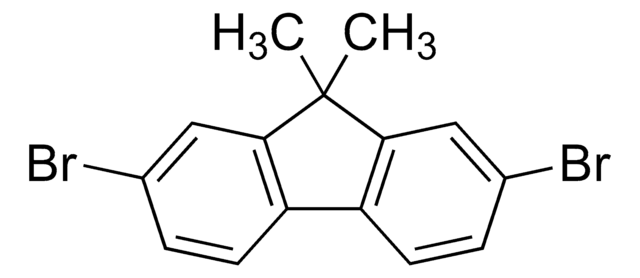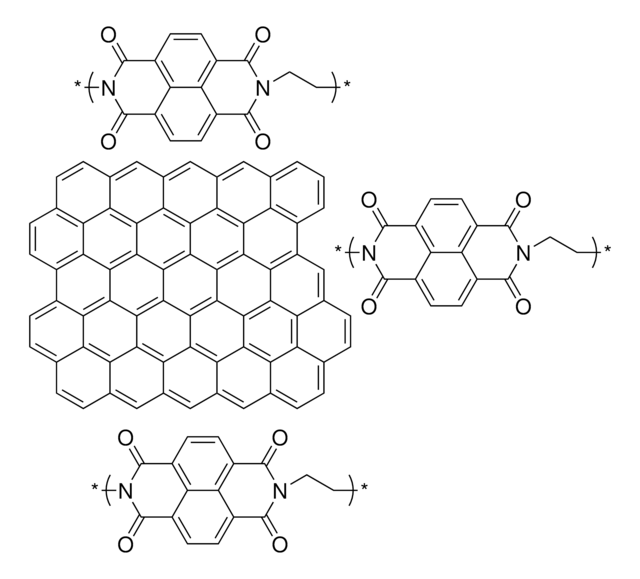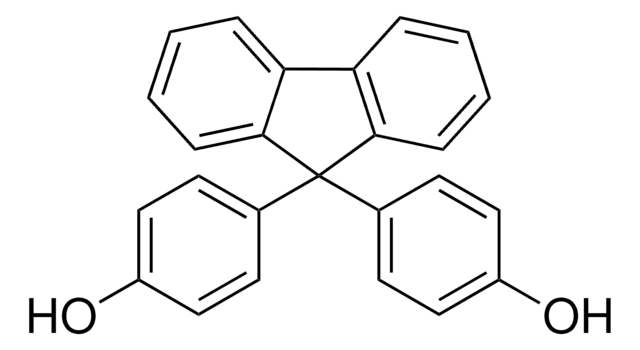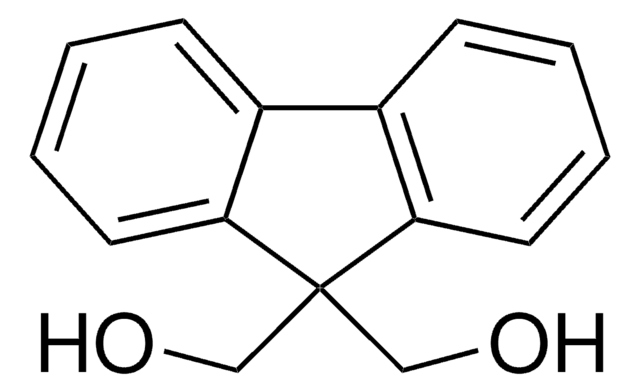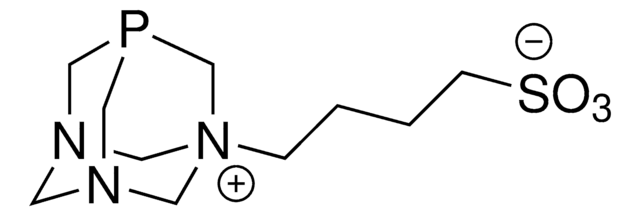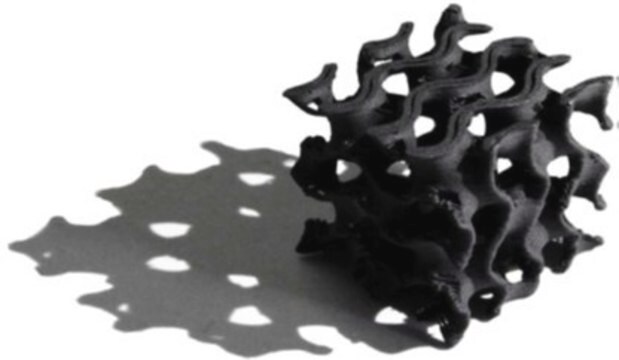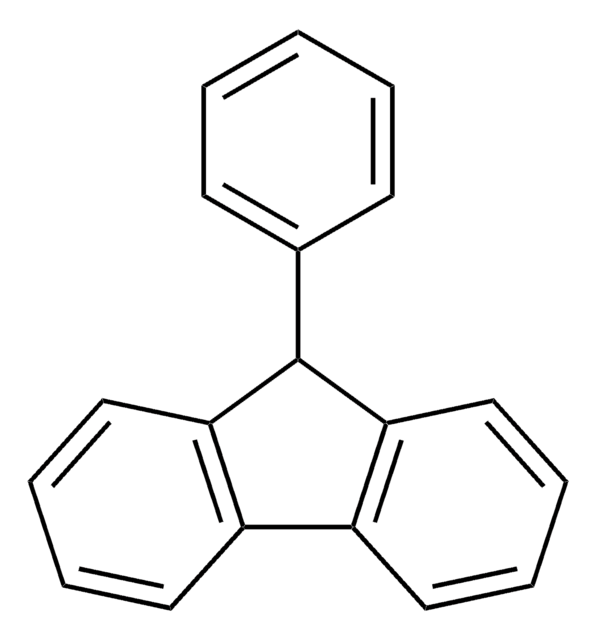918059
1 M 9,9-dimethylfluorene in THF
a precursor solution to prepare the prelithiation reagent for Si anode
About This Item
Recommended Products
Quality Level
form
liquid
impurities
≤1000 ppm H2O
application(s)
battery manufacturing
storage temp.
2-8°C
SMILES string
CC1(C)C2=C(C=CC=C2)C3=C1C=CC=C3
InChI
1S/C15H14/c1-15(2)13-9-5-3-7-11(13)12-8-4-6-10-14(12)15/h3-10H,1-2H3
InChI key
ZHQNDEHZACHHTA-UHFFFAOYSA-N
Application
Recommended instructions (this should be a separate document):Soak your electrode with the anode material coated on a copper current collector in this prelithiation reagent for a set amount of time. Discard the solution and then wash your electrode twice with THF. For a 1cm diameter electrode with 1∼3 mg acitve material per cm2, use 0.5∼1 mL of prelithiation solution will be enough. You can use an empty coin cell casing as the treatment vessel. Electrode soaking time is important and may need to be optimized for your application. A good time to try is ∼10 min. Longer prelithiation time may cause eletrode structure deformation, leading to a decreased discharge/charge capacity.
Signal Word
Danger
Hazard Statements
Precautionary Statements
Hazard Classifications
Acute Tox. 4 Oral - Aquatic Chronic 2 - Carc. 2 - Eye Irrit. 2 - Flam. Liq. 2 - STOT SE 3
Target Organs
Central nervous system, Respiratory system
Supplementary Hazards
Storage Class Code
3 - Flammable liquids
WGK
WGK 3
Flash Point(F)
1.4 °F
Flash Point(C)
-17.0 °C
Choose from one of the most recent versions:
Certificates of Analysis (COA)
Don't see the Right Version?
If you require a particular version, you can look up a specific certificate by the Lot or Batch number.
Already Own This Product?
Find documentation for the products that you have recently purchased in the Document Library.
Our team of scientists has experience in all areas of research including Life Science, Material Science, Chemical Synthesis, Chromatography, Analytical and many others.
Contact Technical Service